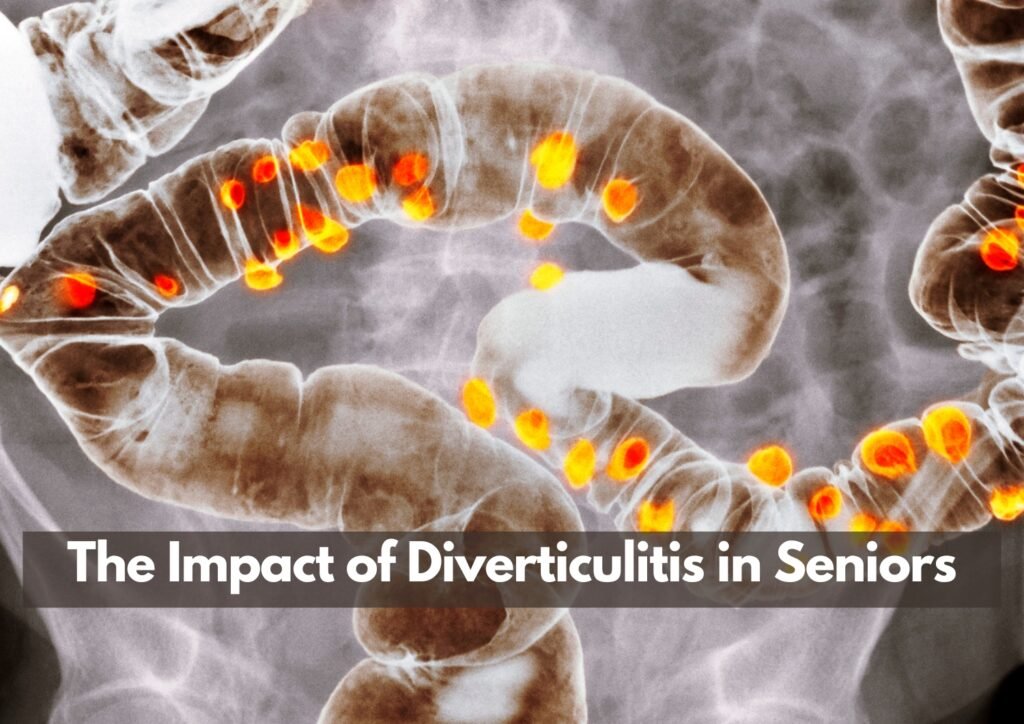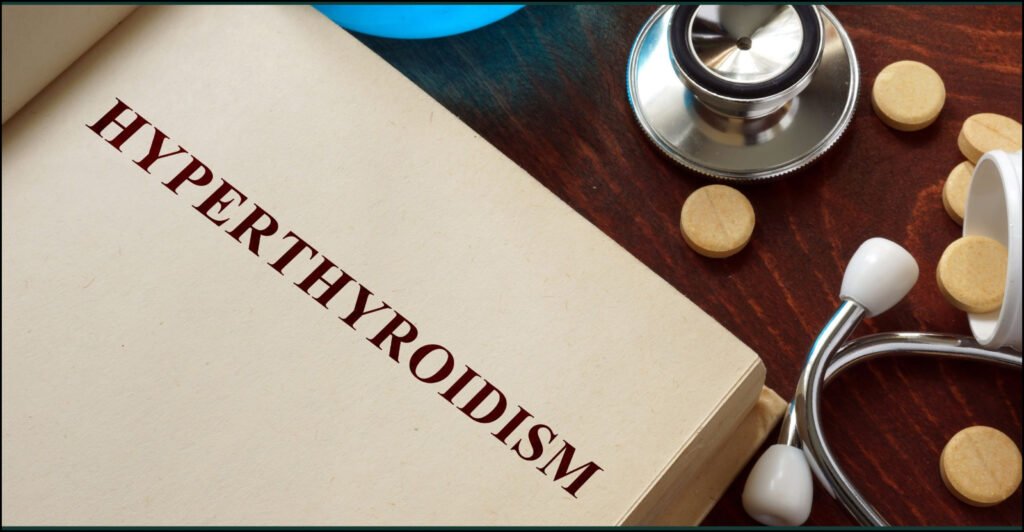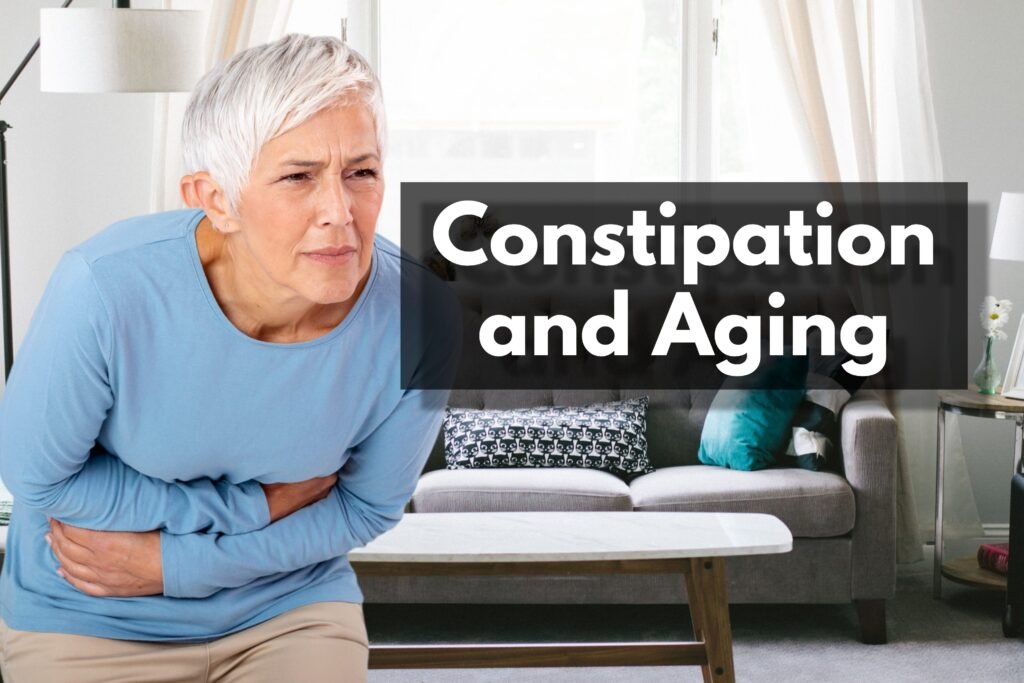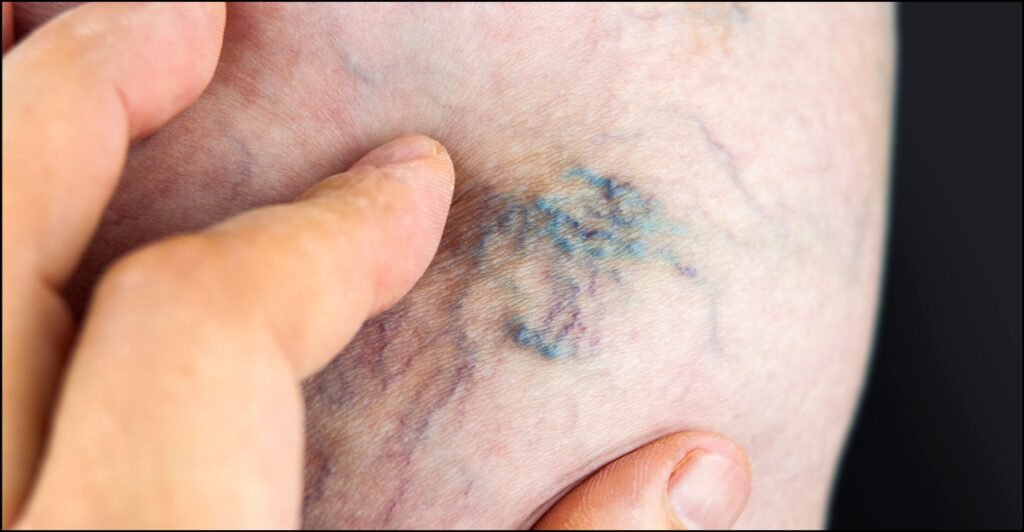How Diverticulitis Can Affect Your Quality of Life as a Senior

Last Updated on June 27, 2025 by George
Have you ever wondered why that persistent abdominal discomfort seems to be getting worse as you enjoy your retirement years? You’re not alone. Diverticulitis, a condition affecting the digestive system, impacts millions of adults over 50, with 70% of patients over the age of 80 having diverticulosis.
This comprehensive guide will help you understand what diverticulitis really is and how it can significantly impact your daily life. We’ll explore the warning signs you shouldn’t ignore, from persistent abdominal pain to unexpected changes in your bowel habits. More importantly, you’ll discover practical strategies for managing symptoms and maintaining your quality of life.
Throughout this article, you’ll learn about the latest treatment approaches that don’t always require antibiotics for mild cases, the importance of early detection, and lifestyle modifications that can make a real difference. We’ll also address the emotional aspects of living with a chronic digestive condition and provide actionable advice for working with your healthcare team.
Whether you’re experiencing symptoms for the first time or looking for better ways to manage an existing diagnosis, this article offers evidence-based information tailored specifically for mature adults. By the end, you’ll have a clear understanding of how to take control of your digestive health and maintain the active lifestyle you deserve.
Ready to take charge of your digestive wellness? Let’s dive into everything you need to know about diverticulitis and its impact on your golden years.
What You Should Know About Diverticulitis?
In this blog post, we will talk about how diverticulitis affects the quality of life of older adults and look at the different ways it can be treated. We will also talk about possible changes in living and ways to deal with symptoms and improve their quality of life.
People with diverticulitis and the people who care for them can learn more about how to treat it by learning about the symptoms.
Prefer to listen rather than read?
What is Diverticulitis?
Diverticulitis is an inflammation of small pouches, known as diverticula, that can form in the wall of the large intestine. While the presence of these pouches, called diverticulosis, often doesn’t cause symptoms, their inflammation leads to diverticulitis.
This condition can manifest suddenly with symptoms such as abdominal pain, fever, nausea, diarrhea, or constipation. If left untreated, diverticulitis can result in serious health complications, including abscess formation, fistulas, or bowel perforation.

As people age, the muscles that tighten and move food through the digestive system may weaken. These things can cause pockets, or diverticula, to form in the lining of the bowels. Also, as we continue to age, the lining of our bowels gets weaker, and we are more likely to get infections, which raises the risk of getting diverticula even more.
The development of diverticula usually results from increased pressure in the colon, often from straining during bowel movements. While the exact reasons why some people with diverticula develop diverticulitis and others don’t remain unclear, certain lifestyle factors can increase the risk.
Several factors may increase the risk of developing diverticulitis, including obesity, lack of exercise, smoking, a family history of the disease, and the use of nonsteroidal anti-inflammatory drugs (NSAIDs). While a low-fiber diet has traditionally been considered a risk factor, recent studies have not confirmed this association.
The aging process can cause the body to produce fewer digestive enzymes, reducing its ability to break down food. The amount of helpful bacteria in the intestines also decreases, restricting the ability to digest food effectively. This can easily result in constipation and an accumulation of pressure in the intestines.
These issues can be unpleasant and uncomfortable, especially for seniors, but the good news is that you can take steps to help prevent diverticula and other digestive problems. Early detection and management of diverticulitis are crucial to prevent complications. Treatment options range from dietary changes and antibiotics to surgery, depending on severity. A healthy lifestyle with exercise and a fiber-rich diet can lower the risk of developing diverticulitis.

Diverticulitis in Senior Patients Frequently Gets Worse
As we age, several factors come together to increase the likelihood of developing diverticulitis. The muscles that help move food through your digestive system naturally weaken over time, which can increase pressure in the colon and contribute to pouch formation. Additionally, your body produces fewer digestive enzymes as you mature, and the beneficial bacteria in your intestines may decrease, affecting your ability to digest food effectively.
This doesn’t mean diverticulitis is inevitable—it simply means being aware of the risks helps you take proactive steps to protect your digestive health.
Complications that Arise from Diverticulitis
Diverticulitis can have particularly devastating effects on seniors, leading to a variety of complications that can significantly impact their quality of life. These complications can include severe abdominal pain and fistulas, as well as an increased risk of infection and abscess formation.
Complications of diverticulitis can be long-term, such as fistula formation, bowel obstruction, and chronic inflammation of the colon. Seniors are particularly at risk for these complications, given their weaker immune systems and longer recovery times.

Fistula is a rare but serious complication of diverticulitis and can be difficult to distinguish from other diseases. When a fistula forms, it is usually in the form of an abnormal connection between the intestine and another organ, such as the bladder or vagina.
This can lead to a variety of symptoms including abdominal pain and infection. There is also a high risk of developing an abdominal abscess, which is a painful collection of pus in the abdomen. The risk of severe bleeding is also present, as the fistula can cause bleeding from the intestines or other organs.
There is a risk of obstruction of the intestines, which can lead to a buildup of gas, fluid, and waste. All of these risks must be taken into account when diagnosing and treating diverticulitis. If left untreated, a particularly serious complication of diverticulitis is bowel perforation, which can prompt an emergency surgical procedure.
Other potential complications of diverticulitis include peritonitis. This is an infection of the abdominal cavity which can be caused by the leakage of bacteria from an inflamed diverticulum. Peritonitis can cause severe discomfort, digestive disturbances such as nausea, vomiting, diarrhea, and nutritional deficiencies due to the disruption of normal digestion.

Severe cases of peritonitis can be life-threatening and require immediate medical treatment. If left untreated, it can lead to sepsis or even organ failure. It is important to seek medical treatment as soon as you notice any signs or symptoms of diverticulitis to avoid serious complications.
Therefore, healthcare providers need to be aware of the potential risks associated with diverticulitis in seniors and take appropriate measures to reduce the risk of complications. Seniors are more likely to experience hospitalization and re-admission due to diverticulitis compared to other age groups. This is largely attributed to the higher prevalence of co-morbid conditions among the geriatric population, which can complicate the treatment of diverticulitis.
Co-morbid conditions, such as chronic kidney disease, congestive heart failure, and diabetes, can make it more difficult to address the root cause of the infection and can increase the risk of the infection spreading or becoming more severe.
Studies have also found that senior patients often require longer hospital stays and have higher mortality rates than other age groups when hospitalized due to diverticulitis. The aging process can also delay the healing process and increase the risk of complications.
Furthermore, diverticulitis patients often require more intensive medical and nursing care, leading to prolonged hospital stays nad increased healthcare costs. It is therefore important to recognize the potential increased risk of hospitalization and re-admission among geriatric patients with diverticulitis to develop strategies to reduce the burden and improve the quality of life of this population.
Recognizing the Warning Signs
Diverticulitis can present with various symptoms that you should never ignore:
- Abdominal Pain and Tenderness The most common symptom is pain in the lower left portion of your abdomen, though it can occur anywhere. This pain may start mild but can intensify quickly, sometimes feeling like a constant ache or sharp cramping.
- Digestive Changes You might notice significant changes in your bowel habits, including constipation, diarrhea, or alternating between both. Nausea and vomiting can also occur, especially during flare-ups.
- Systemic Symptoms Fever, chills, and night sweats often accompany diverticulitis, as your body responds to inflammation. These symptoms indicate that your immune system is working to fight the condition.
- Blood in Stool While not always present, you might notice bright red blood or dark, tarry stools. This occurs when inflammation causes bleeding from the small blood vessels around the diverticula.
- Abdominal Bloating Many people experience a feeling of fullness and discomfort due to inflammation and increased gas production in the affected area.

The Challenge of Delayed Diagnosis
Unfortunately, diagnosis can sometimes be delayed in mature adults because symptoms may be subtle or mistaken for other common digestive issues. This is why it’s crucial to advocate for yourself and seek medical attention when symptoms persist or worsen.
The key is not to dismiss persistent abdominal discomfort as “just part of getting older.” Your body is trying to tell you something important, and early intervention can prevent more serious complications.
Current Treatment Approaches
The good news is that treatment for diverticulitis has evolved significantly. Antibiotic treatment can be used selectively, rather than routinely, in immunocompetent patients with mild acute uncomplicated diverticulitis. This means that not everyone with diverticulitis automatically needs antibiotics—your healthcare provider will assess your specific situation.
Conservative Management For mild cases, treatment often begins with:
- Rest and reduced activity
- Clear liquid diet temporarily
- Pain management with appropriate medications
- Gradual return to regular foods as symptoms improve
Medical Intervention For more severe cases, your doctor might recommend:
- Targeted antibiotic therapy
- Hospitalization for monitoring and intravenous treatment
- Imaging studies to assess complications
- Specialist consultation when needed
Surgical Options Surgery is typically reserved for severe complications or recurrent episodes that significantly impact quality of life. Modern surgical techniques are less invasive than in the past, with faster recovery times.
Potential Complications to Understand
While most cases of diverticulitis resolve with appropriate treatment, it’s important to understand potential complications:
- Abscess Formation Sometimes infected diverticula can form pockets of pus, requiring drainage or more intensive treatment.
- Fistula Development In rare cases, abnormal connections can form between the intestine and other organs, such as the bladder. While serious, these complications are treatable with proper medical care.
- Bowel Obstruction Severe inflammation can sometimes cause temporary blockages, though this is uncommon with early treatment.
- Perforation This serious complication occurs when the intestinal wall develops a hole, requiring immediate medical attention.
Understanding these possibilities isn’t meant to frighten you, but rather to emphasize the importance of taking symptoms seriously and maintaining regular communication with your healthcare team.

However, it is important to be aware of the associated risks before taking any NSAIDs, as tehy can potentially increase the risk of gastrointestinal bleeding. Those with pre-existing kidney or liver problems may be at a heightened risk of adverse reactions, and should always consult with their physician prior to beginning any medication regimen.
Furthermore, it is essential to understand the correct dosage and duration, as well as to monitor any potential side effects that may occur closely. With such considerations, NSAIDs can provide a safe and effective means of providing symptom relief in cases of diverticulitis.
Impact on Daily Life and Emotional Well-being
Living with diverticulitis can affect more than just your physical health. Many people experience:
- Activity Limitations During flare-ups, you might need to modify your exercise routine or social activities. This temporary adjustment is part of the healing process.
- Dietary Concerns You may worry about which foods trigger symptoms, leading to anxiety around meals. Working with a registered dietitian can help you maintain a nutritious, enjoyable diet.
- Social Isolation Concerns about symptoms can sometimes lead to avoiding social gatherings or travel. Remember that with proper management, most people can maintain active social lives.
- Emotional Impact Dealing with a chronic condition can sometimes contribute to feelings of frustration or worry. These feelings are completely normal, and many people benefit from talking with counselors who specialize in chronic illness.
Practical Management Strategies
- Work with Your Healthcare Team Regular check-ups allow for monitoring and early intervention if symptoms change. Don’t hesitate to ask questions or express concerns about your treatment plan.
- Maintain a Symptom Journal Tracking your symptoms, foods, and activities can help identify patterns and triggers, making management more effective.
- Stay Hydrated Proper hydration supports digestive health and can help prevent constipation, which may worsen symptoms.
- Gentle Exercise When you’re feeling well, regular gentle exercise like walking can support digestive health and overall well-being.
- Stress Management Since stress can affect digestive health, consider relaxation techniques, gentle yoga, or other stress-reduction activities you enjoy.

Conclusion
Remember that diverticulitis, while challenging, is a manageable condition. Many people live full, active lives while successfully managing their symptoms. The key is working closely with your healthcare team, staying informed about your condition, and making adjustments that support your overall health and well-being.
With proper care and attention, you can continue enjoying the activities and relationships that matter most to you. Your experience with diverticulitis doesn’t define you—it’s simply one aspect of your health that you’re learning to manage effectively.
Are you currently managing diverticulitis, or do you have concerns about digestive health changes you’ve noticed? We’d love to hear about your experiences and any strategies that have worked for you. Please share your thoughts in the comments below—your insights might help fellow readers on their health journey.
Disclaimer
The content provided on MySeniors.World is for informational purposes only and is not intended as either financial or medical advice. Always consult a qualified professional before making any investment or health-related decisions.
Posts may contain affiliate links, meaning we earn a commission – at no additional cost to you, if you click through and make a purchase. Your support helps us continue providing valuable content.
FAQ: Vagus Nerve Stimulation
- How do I know if my abdominal pain is diverticulitis or something else?
- Diverticulitis pain typically occurs in the lower left abdomen and may be accompanied by fever, changes in bowel habits, and nausea. However, only a healthcare provider can make an accurate diagnosis through examination and sometimes imaging tests. Don’t try to self-diagnose—persistent abdominal pain warrants medical evaluation.
- Can I prevent diverticulitis if I already have diverticulosis?
- While you can’t completely prevent diverticulitis if you have diverticulosis, you can reduce your risk by staying well-hydrated, engaging in regular gentle exercise, managing stress, and maintaining regular bowel habits. Some people find that avoiding certain trigger foods helps, though this varies from person to person.
- Will I need surgery for diverticulitis?
- Most people with diverticulitis never need surgery. Surgical intervention is typically reserved for severe complications, recurrent episodes that significantly impact quality of life, or cases that don’t respond to conservative treatment. Modern surgical techniques, when needed, are less invasive than in the past.
- How long does a diverticulitis flare-up typically last? A: With appropriate treatment, symptoms often begin improving within 2-3 days, with full resolution typically occurring within 7-10 days. However, this can vary depending on the severity of the episode and individual factors. Follow your healthcare provider’s guidance and don’t hesitate to contact them if symptoms worsen or don’t improve as expected.
- Can stress really make diverticulitis worse?
- Yes, stress can affect digestive health and potentially trigger or worsen diverticulitis symptoms. The gut-brain connection is real, and managing stress through relaxation techniques, adequate sleep, and activities you enjoy can be an important part of overall management.
- What foods should I avoid during a flare-up?
- During active symptoms, your healthcare provider may recommend a clear liquid diet initially, gradually progressing to low-fiber foods as you improve. Once symptoms resolve, most people can return to a normal, high-fiber diet. Contrary to old beliefs, nuts and seeds don’t need to be permanently avoided unless they specifically trigger your symptoms.
- How often should I see my doctor if I have diverticulitis?
- This depends on your individual situation. After an initial episode, you might have follow-up appointments to ensure proper healing. For ongoing management, annual check-ups are often sufficient unless you experience new or worsening symptoms. Always contact your healthcare provider if you have concerns between scheduled visits.
References
- Frontiers in Medicine – “Clinical outcomes of diverticular disease in young adults” (2024)
- American Journal of Gastroenterology – “AGA Clinical Practice Update on Medical Management of Colonic Diverticulitis” (2021)
- Clinical Infectious Diseases – “2024 Clinical Practice Guideline Update by the Infectious Diseases Society of America” (2024)
- World Journal of Emergency Surgery – “2020 update of the WSES guidelines for the management of acute colonic diverticulitis” (2020)
- American Family Physician – “Acute Diverticulitis: Diagnosis and Treatment Recommendations From the ACP” (2023)
- UCLA Health – “Diverticulosis much less risky than previously thought” (2014)






Responses